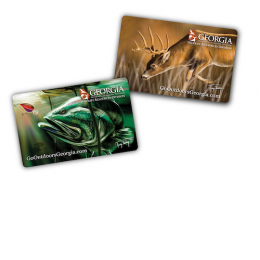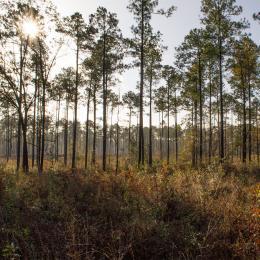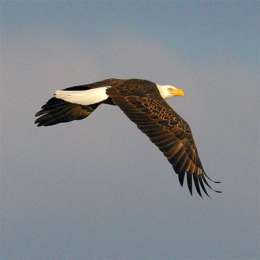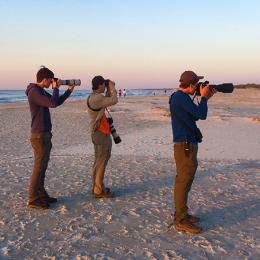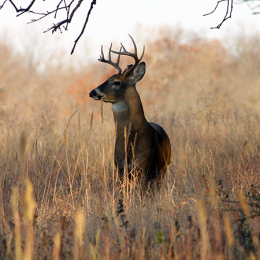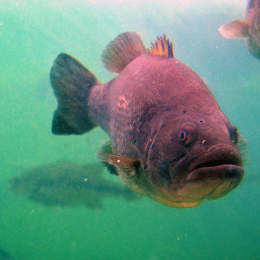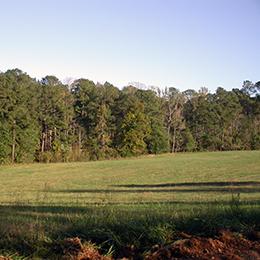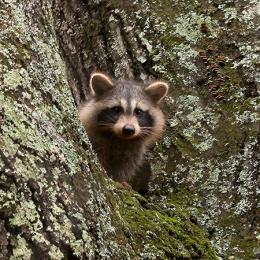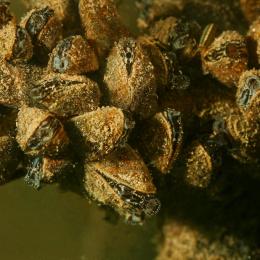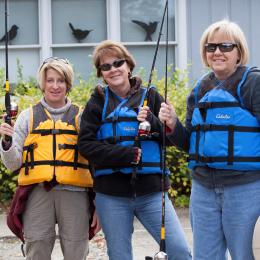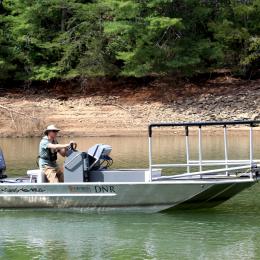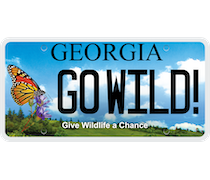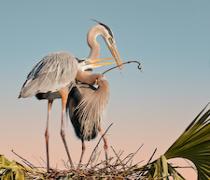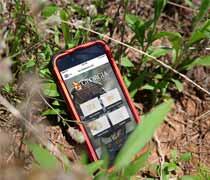When the stakes are as high as keeping Georgia waters safe from invaders, the vigilance doesn’t end. All anglers, boaters and outdoor recreation enthusiasts are encouraged to look for Aquatic Nuisance Species (ANS) when spending time near the water and if seen, report them, according to the Georgia Department of Natural Resources’ Wildlife Resources Division (WRD).
“As the weather warms and people start to emerge from their winter ‘hibernation,’ it is the perfect time to remind everyone to watch and report ANS in Georgia waters,” says Jim Page, WRD Aquatic Nuisance Species Program Coordinator. “Prevention is the best tool we have to protect native species and minimize the impacts of invasive species. This requires help from everyone, so if you’re reading this, we need your help.”
Invasive aquatic species can cause significant ecological and economic impacts across the state, from damaging vessels and other boating equipment, to impeding access to waterbodies to disrupting the natural ecosystem by displacing and out-competing native species. Ultimately, almost all these impacts are preventable. So, if you see a plant or animal or fish that looks out of place, report it!
What do these invasive species look like? It could be an invasive plant growing across the top of a pond, invasive snails found on plants near a waterway, or a fish species that is either not native to the waterbody or not native to Georgia.
How do these species get there? Introduction of ANS can occur in multiple ways, with one of the most common ways being aquarium releases. If you have an aquarium, never dump your pet fish, snails, reptiles, plants or other non-native wildlife. If you no longer want these species, and can’t rehome them, please reach out to a WRD fisheries office for assistance.
“Protecting our incredible natural resources and native species here in Georgia is a team effort,” said Page. “Together, we can sustain the amazing healthy biodiversity found in the state and enjoy it for generations to come.”
Ready to get vigilant? Access educational information, a reporting form, and an opportunity to take a free certification class about ANS at GeorgiaWildlife.com/ans.




